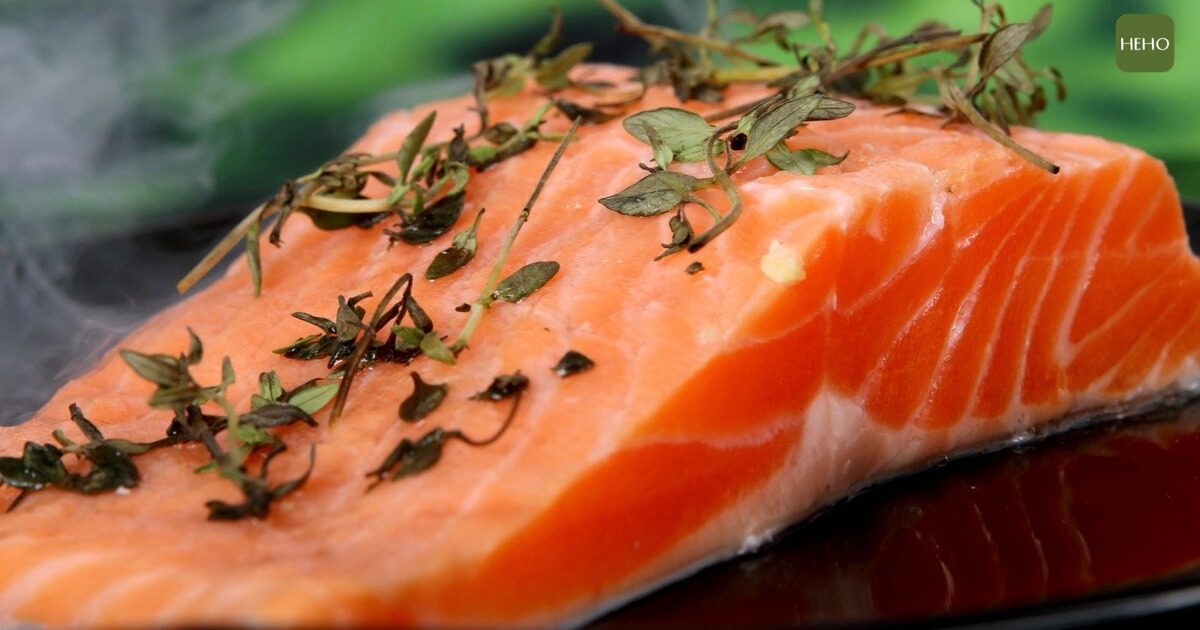Have you ever experienced muscle soreness after exercise or a workout? Delayed onset muscle soreness (DOMS) is a feeling of muscle swelling, tightness, pain, or tenderness that can occur in both professional athletes and beginners. DOMS peaks 24-72 hours after exercise and typically disappears by days 5 to 7. Symptoms include muscle fatigue, stiffness, swelling, decreased strength, and reduced relaxation ability.
To quickly relieve DOMS, proper nutrition is essential. Here are four nutrients recommended by nutritionists to help reduce soreness:
- Caffeine: Caffeine not only boosts alertness but also reduces muscle soreness. Studies show that consuming 5 mg of caffeine per kilogram of body weight can decrease muscle soreness and fatigue after exercise. For example, a person weighing 70 kg can consume about 350 mg of caffeine, roughly equivalent to a large cup of Americano coffee.
- Omega-3 Fatty Acids: EPA and DHA in Omega-3 have anti-inflammatory effects, reducing the production of inflammatory substances and thus lowering muscle soreness post-exercise. Fish such as salmon, mackerel, and tuna are rich in Omega-3 fatty acids.
 Fish such as salmon, mackerel, and tuna are rich in Omega-3 fatty acids. (Photo/Courtesy of Heho Health)
Fish such as salmon, mackerel, and tuna are rich in Omega-3 fatty acids. (Photo/Courtesy of Heho Health)
- Polyphenols: Polyphenols, including anthocyanins and flavonoids, have antioxidant and anti-inflammatory properties. Studies suggest that polyphenol-rich fruit juices like tart cherry juice and pomegranate juice can help improve muscle damage. These juices can reduce inflammatory responses and oxidative damage, alleviating post-exercise pain.
- Taurine: Taurine has antioxidant properties and helps regulate electrolyte balance. Research indicates that supplementing taurine for 21 consecutive days can enhance exercise performance, reduce muscle damage post-exercise, and lower oxidative stress markers. Seafood and shellfish like scallops, clams, squid, and octopus are good sources of taurine.
In addition to nutritional supplements, proper rest and gradually increasing exercise intensity are important. Static stretching, hot compresses, and massage also help promote muscle recovery and reduce soreness. These methods can effectively help you manage muscle soreness after exercise and restore your body's condition.







